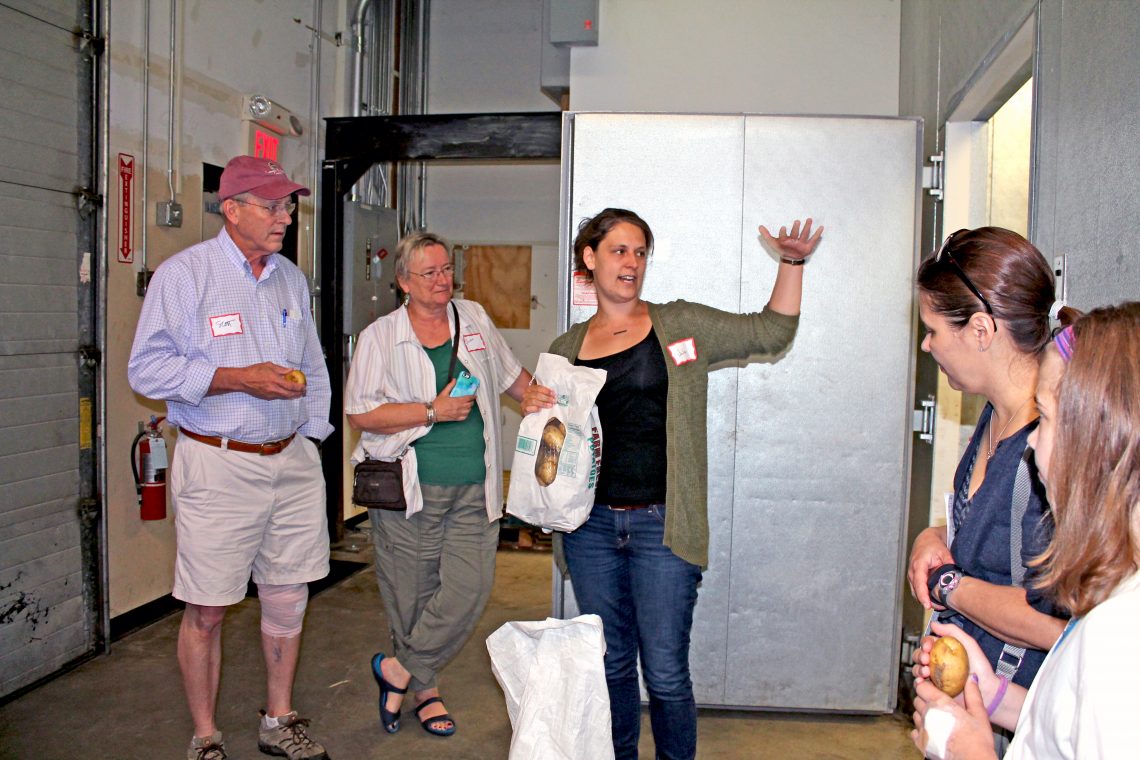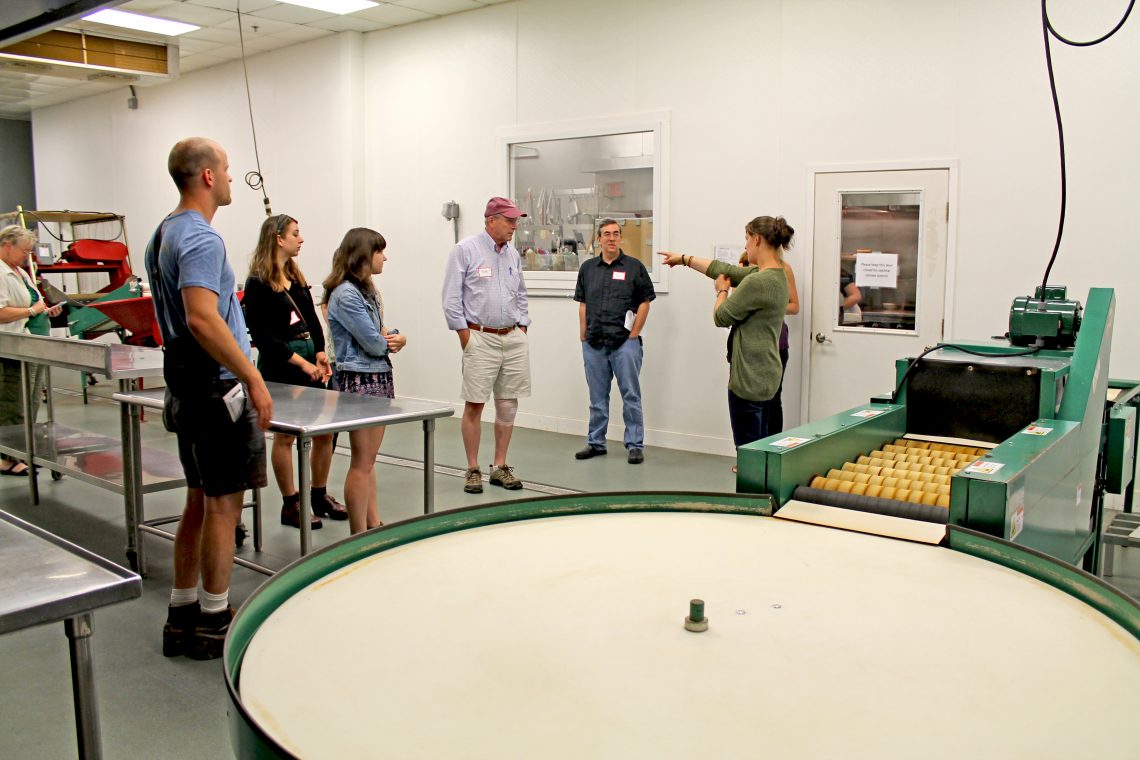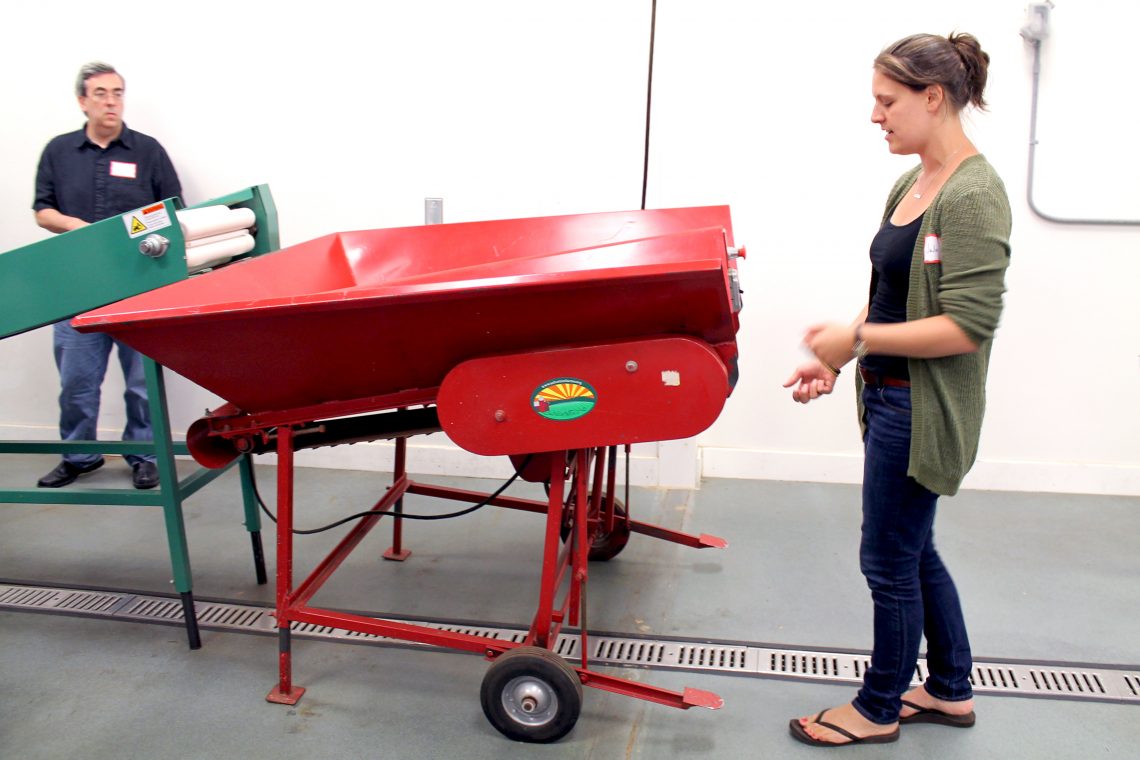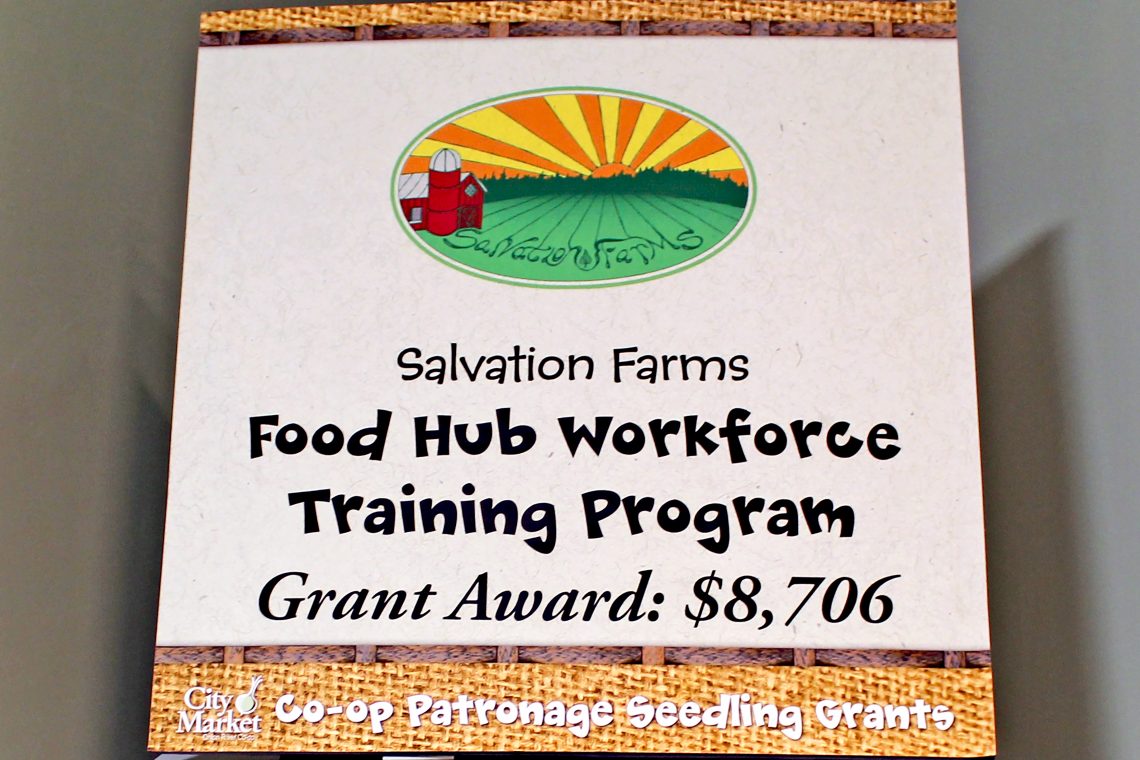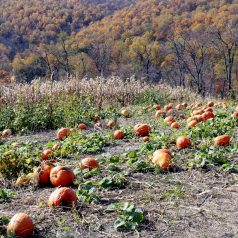
Vermont’s First Surplus Crop Food Hub
Have you heard about Salvation Farms? They are a Morrisville-based not-for-profit organization driven by a mission to build increased resilience in Vermont’s food system through agricultural surplus management. Their founders recognized that Vermont has a tremendous amount of food that is currently available but underutilized. In fact, a 2016 study revealed that more than 14 million pounds of wholesome vegetables and berries grown in Vermont go uneaten each year. According to Salvation Farms Director, Theresa Snow, farms are producing in abundance but we have become so scrupulous about the food we send to market that much is being wasted through all parts of the supply chain from the farms, to the wholesalers, distributors, packhouses, and retail sites.
Additionally, Vermont has a great need to feed many of our state’s most vulnerable populations. An estimated 70,000 – 80,000 Vermonters live in food insecure households, meaning they don’t have regular access to nutritious food. According to Snow, we have more than enough food available but lack the infrastructure to make sure it’s processed and distributed equitably. It became clear that an entity was needed to help capture and manage the surplus bounty and get it to the people in our community who need it most.
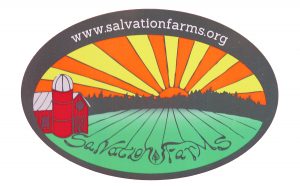
Salvation Farms was born in 2004 as a grassroots community-based gleaning project, operating as a pilot program for several years. The project grew each year in their scope and impact, gleaning millions of pounds of produce along the way. They continued to hone their successful gleaning model and build relationships that would eventually allow them to stand on their own legs as a federally-recognized non-profit organization in 2012. In September of 2016, they launched Vermont’s first surplus crop food hub and a workforce development program in a commercial kitchen space located in Winooski, VT. Staff members from our Co-op recently had the opportunity to tour this new facility and gain a first-hand account of the important work being done by Salvation Farms.
The new facility contains the equipment, staffing, and infrastructure to achieve two things:
- Move fruits and veggies that otherwise wouldn’t be eaten to Vermont’s food shelves and meal programs
- Offer a 4-month job training program that would provide trainees with work-readiness skills and valuable certifications that would aid them in securing long-term employment
Food loss on Vermont vegetable and berry farms totals 14.3 million pounds per year. Of this, 32% is never harvested and the remaining 68% is harvested but fails to make it to market. The produce left in the field is passed over due to blemishes, lack of labor, lack of storage space, or lack of time. The food that is harvested without making it to market is lost along the supply chain for various reasons including blemishes, lack of uniformity in size or appearance, lack of market demand, and spoilage. While loss is inevitable on farms given the many challenges presented by mother nature, loss on this scale can certainly be avoided.
Salvation Farms now has the capacity to capture this surplus either through gleaning efforts or other means and have it delivered to their Winooski facility, thanks to transportation provided by Black River Produce. Once it arrives at the food hub, the trainees work to wash, sort, process and repackage the produce. Some is in good enough shape to be repackaged and redistributed as fresh product, while other produce must move through the kitchen facility where it is chopped, peeled, frozen, and packaged for distribution. The finished product is then picked back up by the Black River Produce trucks and delivered to various budget-restricted local organizations who serve vulnerable populations.
Trainees at the Hub commit to a 4-month stint where they not only clean and pack Vermont produce, but also engage in interactive classroom trainings and study sessions where they learn more about food waste and the greater food system. They leave the program with industry-recognized certifications from OSHA and ServSafe, plus 1st aid and CPR training. These job readiness skills and credentials help instill a sense of pride and purpose while preparing the trainee for a more permanent role in the workforce.
Get Involved!
Salvation Farms funds all of this remarkable work by piecing together grants and donations from various businesses and individuals. If you’d like to donate or volunteer to help make their vision and mission possible, please visit the Salvation Farms web page. To register to become a gleaner, visit the Vermont Gleaning Collective web page.
According to Snow, “People make change possible. When addressing ills within systems we cannot take a narrow road to focus on addressing a symptom of those ills whether it is an issue like food loss or an issue like nutritional security. People – who engage in and reinforce large societal systems, like the food system – must play an informed part of the system. This creates true change and impacts the symptoms that make our society ache.”

